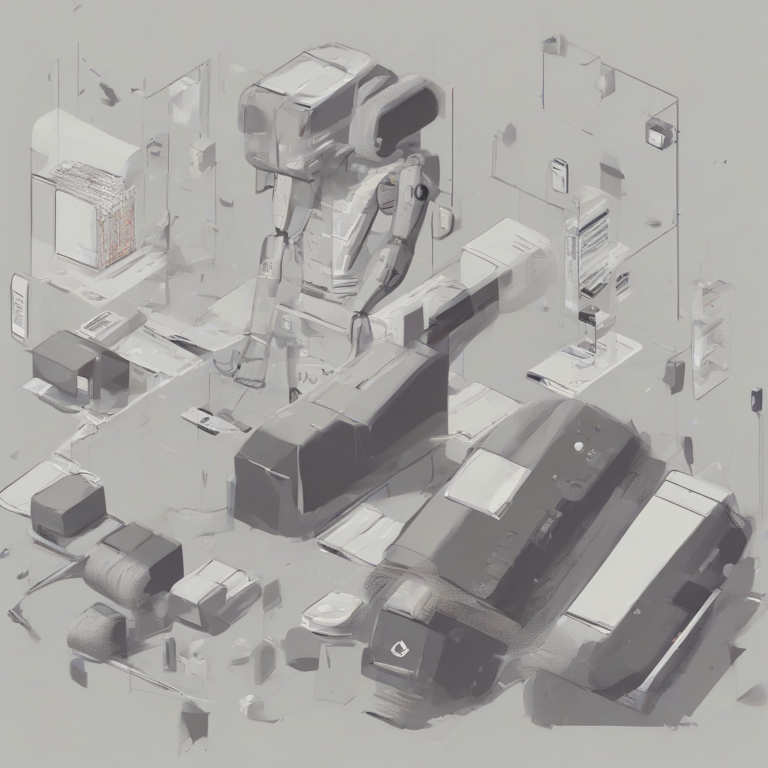Unlocking Financial Freedom: A Comprehensive Guide to Consolidated Credit Solutions
Unlocking Financial Freedom: A Comprehensive Guide to Consolidated Credit Solutions
Feeling overwhelmed by mounting debt? The weight of multiple credit cards, loans, and medical bills can feel insurmountable. But there’s hope. Consolidated credit solutions offer a pathway to regain control of your finances and pave the way towards a debt-free future. This comprehensive guide explores the intricacies of debt consolidation, helping you understand its benefits, drawbacks, and how to determine if it’s the right solution for your unique financial circumstances.
What is Debt Consolidation?
Debt consolidation is the process of combining multiple debts into a single, more manageable payment. This typically involves taking out a new loan – often at a lower interest rate – to pay off existing debts. The result is a simplified payment schedule with a potentially lower monthly payment, making it easier to track and budget your finances.
Types of Debt Consolidation Solutions
- Balance Transfer Credit Cards: These cards allow you to transfer existing credit card balances to a new card with a lower introductory APR (Annual Percentage Rate). This can significantly reduce interest charges during the introductory period, enabling you to pay down your debt faster. However, be aware of balance transfer fees and the potential for a higher APR after the introductory period expires.
- Personal Loans: Personal loans from banks, credit unions, or online lenders offer a lump sum of money to repay your existing debts. They often come with fixed interest rates and fixed repayment terms, providing predictability and structure to your repayments. Interest rates vary depending on your credit score and the lender.
- Debt Consolidation Loans: Specifically designed for debt consolidation, these loans often have lower interest rates than unsecured personal loans, particularly if secured by collateral (such as a home or car). They offer a streamlined repayment process with a single monthly payment.
- Debt Management Plans (DMPs): Offered by credit counseling agencies, DMPs involve negotiating lower interest rates and monthly payments with your creditors. The agency collects your monthly payment and distributes it to your creditors. This approach can help improve your credit score over time, but it may involve some restrictions on your credit usage.
- Home Equity Loans or Lines of Credit (HELOCs): Using the equity in your home as collateral, these options offer access to funds to repay existing debts. While they typically come with lower interest rates than other unsecured options, they carry the risk of foreclosure if you fail to make payments. This is a high-risk option and should be considered carefully.
Benefits of Debt Consolidation
- Simplified Payments: Managing one payment instead of multiple makes budgeting easier and reduces the risk of missed payments.
- Lower Interest Rates: Consolidating debt with a lower interest rate can significantly reduce the total amount you pay over the life of the loan.
- Improved Credit Score: On-time payments on a consolidated loan can positively impact your credit score, making it easier to obtain credit in the future.
- Reduced Stress: The simplicity and clarity of a single payment can significantly reduce financial stress and anxiety.
- Potential for Faster Debt Repayment: A lower interest rate can lead to faster debt repayment, saving you money in the long run.
Drawbacks of Debt Consolidation
- Higher Total Interest Paid (in some cases): While a lower interest rate is often a goal, extending the repayment period can lead to a higher total interest paid over time, especially if you don’t aggressively pay down the principal balance.
- Potential for Increased Debt: If you continue to accrue new debt while consolidating, you could end up in a worse financial position.
- Impact on Credit Score (temporarily): Applying for new credit can temporarily lower your credit score, although this is typically short-lived if the consolidation is successful.
- Fees and Charges: Balance transfer fees, origination fees, and prepayment penalties can add to the overall cost of consolidation.
- Risk of Foreclosure (with secured loans): Using your home as collateral carries the risk of foreclosure if you default on payments.
Choosing the Right Consolidation Solution
The best debt consolidation solution depends on your individual financial circumstances. Consider these factors:
- Credit Score: Your credit score will determine the interest rates and terms you qualify for.
- Amount of Debt: The total amount of debt you need to consolidate will influence the type of loan or program you can access.
- Income and Expenses: Your income and expenses will help determine your ability to make monthly payments.
- Debt Types: The types of debts you have (credit cards, student loans, medical bills) will affect the options available to you.
- Financial Goals: Consider your short-term and long-term financial goals and how debt consolidation can help you achieve them.
Steps to Consolidate Your Debt
- Assess Your Debt: List all your debts, including balances, interest rates, and minimum payments.
- Check Your Credit Report: Obtain a copy of your credit report to understand your credit score and identify any errors.
- Compare Consolidation Options: Research and compare different debt consolidation options, considering interest rates, fees, and repayment terms.
- Apply for a Loan or Program: Once you’ve chosen a solution, apply for a loan or enroll in a debt management program.
- Create a Budget: Develop a realistic budget to ensure you can make your consolidated payments on time.
- Stick to Your Budget: Avoid incurring new debt and remain committed to your repayment plan.
When Debt Consolidation Might Not Be the Right Solution
Debt consolidation isn’t a one-size-fits-all solution. It may not be the best option if:
- You have a low credit score: Securing a low-interest loan might be challenging.
- You’re facing immediate financial hardship: Debt consolidation doesn’t address underlying financial issues; seeking professional financial advice is crucial.
- You’re likely to continue accumulating debt: Consolidation is not a solution for irresponsible spending habits.
- You’re tempted to use the freed-up cash for non-essential expenses: The goal is debt reduction, not creating new spending opportunities.
Seeking Professional Help
If you’re struggling to manage your debt, don’t hesitate to seek professional help. Credit counselors can provide guidance on debt management, budgeting, and exploring various options to improve your financial situation. They can also help you negotiate with creditors and create a realistic plan for becoming debt-free.
Conclusion (Placeholder – This section is excluded as per the instructions)






